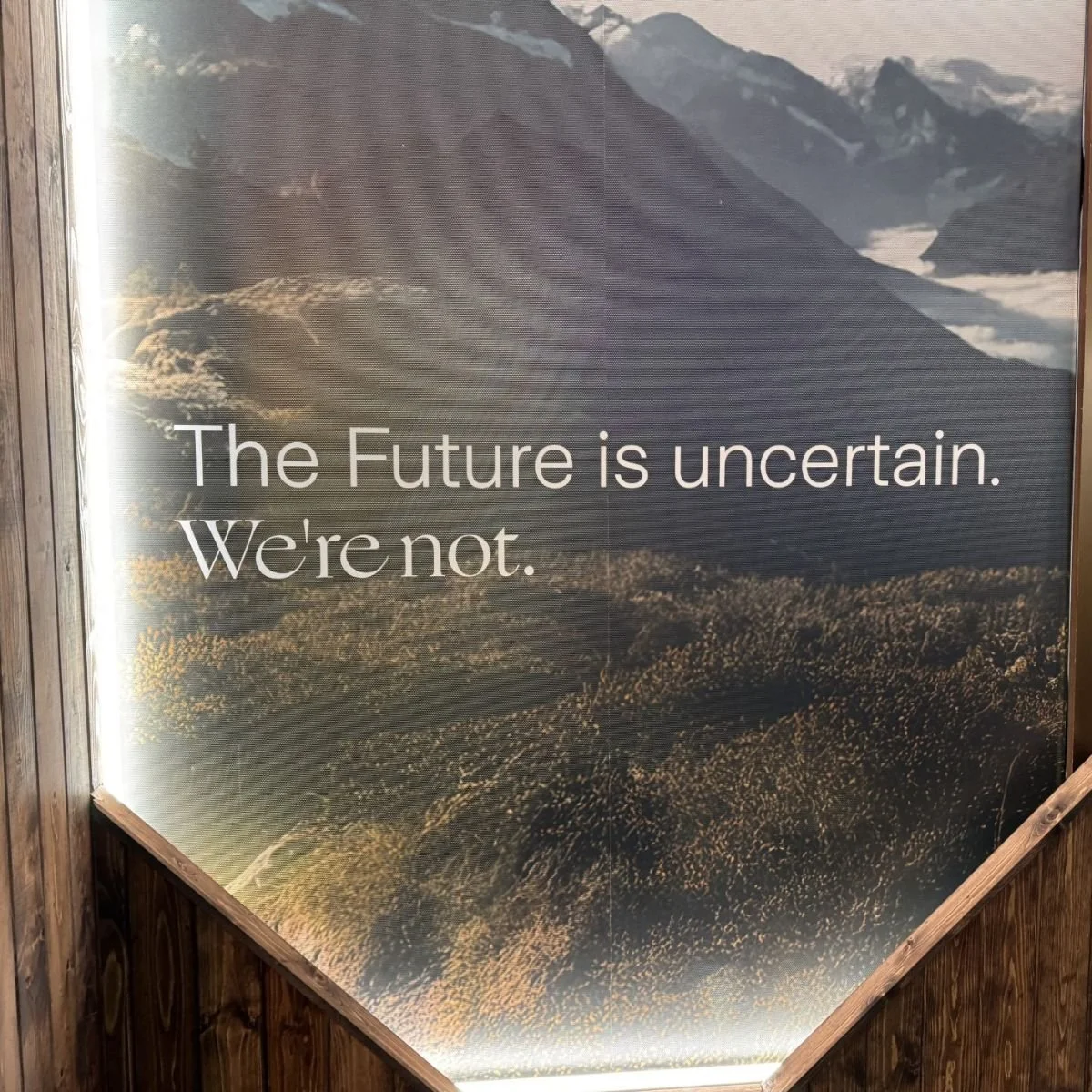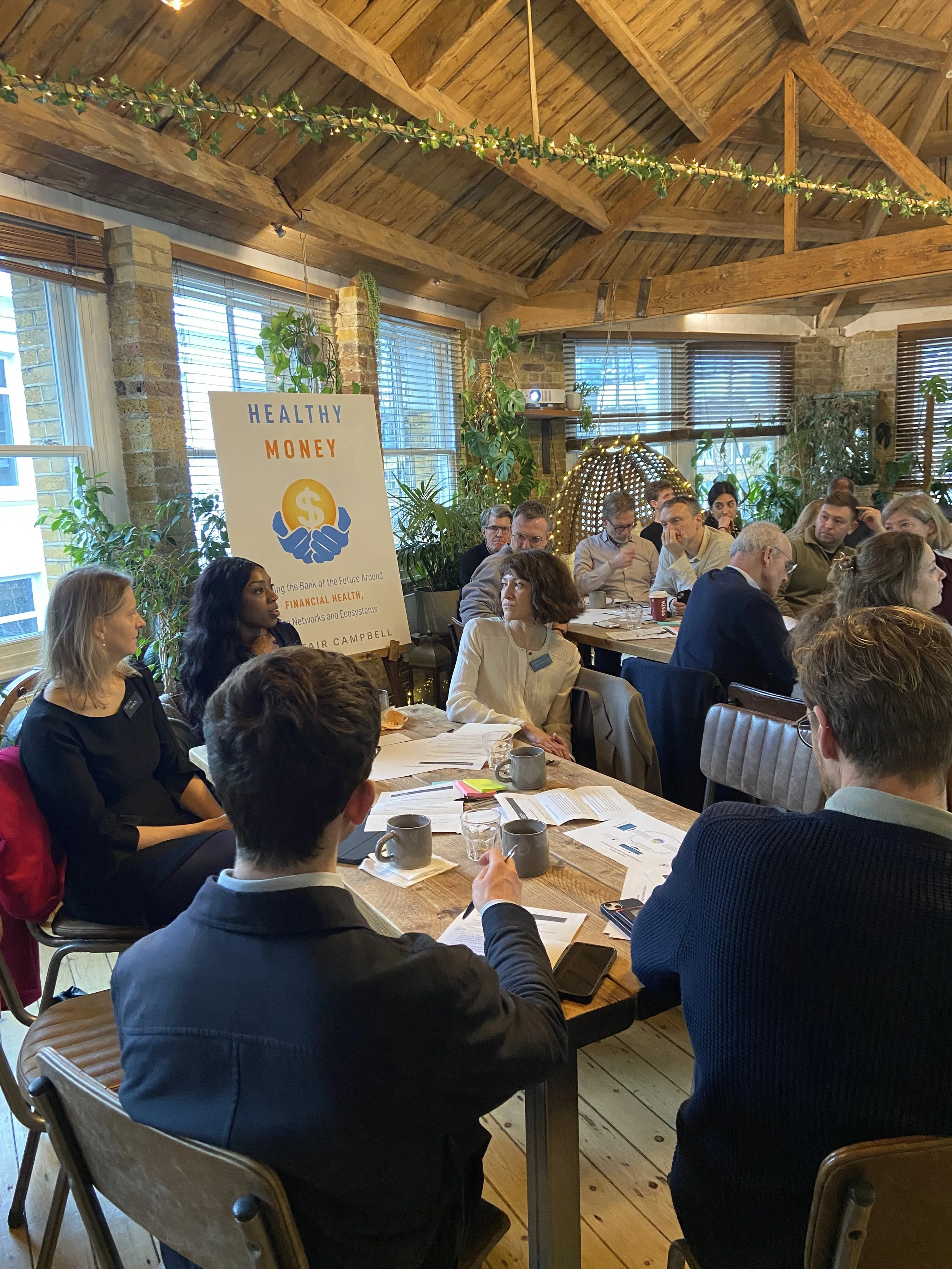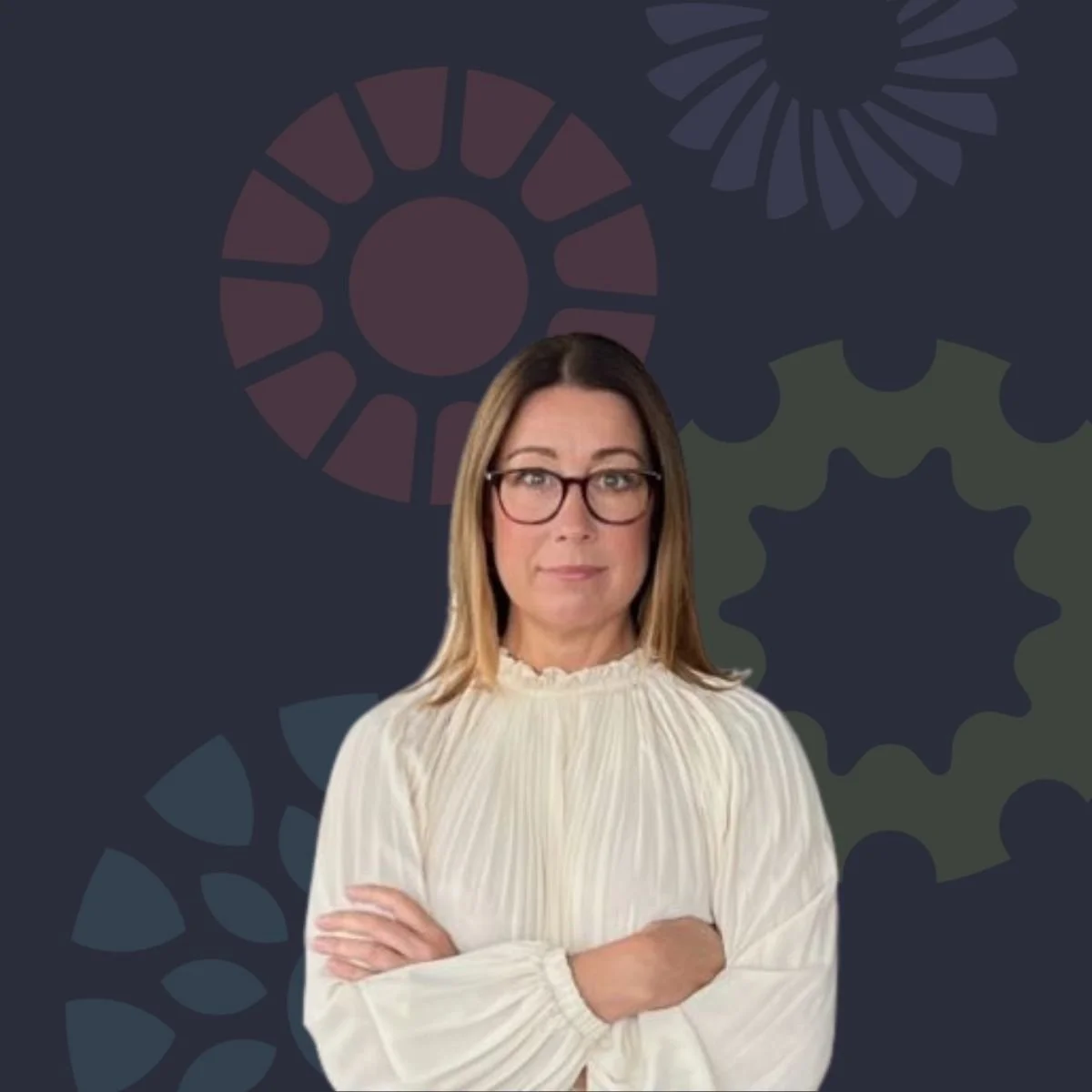A Trick for Driving Change Today… Imagining Tomorrow
July 2024
By Alastair Colin-Jones,
Senior Director, Business Transformation & Learning,
Mutual Value Labs
Find a quiet space, close your eyes, and gradually shift yourself into the year 2040.
A lorry has just taken your bins away for good. All our landfills are full. Burning our rubbish has been making too many people sick. We’ve been paying other countries to take our waste for years, but they too have run out of space and are turning us away.
The government declared an emergency last year, and has been relentlessly communicating the new rules:
There will be no more roadside rubbish or recycling picked up
All bins will be removed from public spaces, schools and workplaces
If you absolutely have to throw something out, you can take it to a local pay-as-you-throw centre, where you’ll be charged £100 for each bag’s worth
There’s a 1000% sales tax on any items sold with non-compostable, non-disposable packaging
Finally, the carrot to go with the stick - if the country reduces its annual collective waste by 80% (back to 1960s levels), every resident will receive a £5,000 payment.
Some people are excited by this (especially those in the environmental movement) but others are dismayed and uncertain how to adapt. People are wondering whether they can get away with flushing rubbish down the toilet or starting collective litter-burning bonfires.
New package-free grocery stores are popping up, along with swap shops for unneeded items, and your friend is doing some freelance ‘upcycling consultancy’ to give people creative ideas for repurposing old things.
Ok, that’s the scenario.
How would you feel? Would you embrace the system and adapt, or try to resist and reform? What changes would your organisation need to make? What new opportunities might it create? What would it look like to lead a business differently under these circumstances?
This scenario is adapted from the deeply intriguing book Imaginable, by Jane McGonigal. She argues that we undervalue thinking about what the future might be like, to our detriment.
Vividly, clearly imagining future scenarios helps us pre-process anxiety and act more resiliently, adaptively and creatively if that future comes about. But it’s easy to prepare for futures that are similar to today - it’s the dramatically different stuff that catches us off guard. So its also enormously valuable to think about futures that would be high-impact, but are low (but not tiny) probability - as these tend to be neglected.
Furthermore, imagining having an impact in future scenarios increases our present day agency - and using our imagination is vital for solving the complex problems our society is facing today. Indeed, there are two increasingly popular and important areas of study called scenario planning and foresight that are developing useful frameworks and methods to structure exactly this kind of process.
So, how might you try to imagine a different future and apply this into your business thinking? The mistake would be to look at your main product or service and start brainstorming around questions of relevance, distinctiveness and the like – this is too inside-out. The power of imagination is being constrained by your status quo. Instead, we encourage organizations to look as broadly and thoughtfully at society as possible – to think outside-in.
For example, imagining how technology might change, possible threats, demographic shifts or cultural movements. You might want to look for clues about the future of climate, AI, social movements, global conflicts, polarisation, Universal Basic Income, different work patterns, or new political movements - perhaps starting with the World Economic Forum’s Global Risks Report.
Sometimes we use AI-powered social listening tools to horizon scan by gathering and summarising the topics, tone, and sentiment of millions of articles, reports, and conversations. This can surface some surprising ideas. If we can tap into our imagination more effectively, we can more easily see different ways of doing business - ways that can help solve social and environmental challenges – today and tomorrow. Of course not every problem has a business model solution, but the key is to get your business and your worries out of the center of the process and unlock some imagination. What you will discover is that your business is much closer and more intimately connected to significant problems that need solving and represent good business opportunities than you may have previously imagined.





